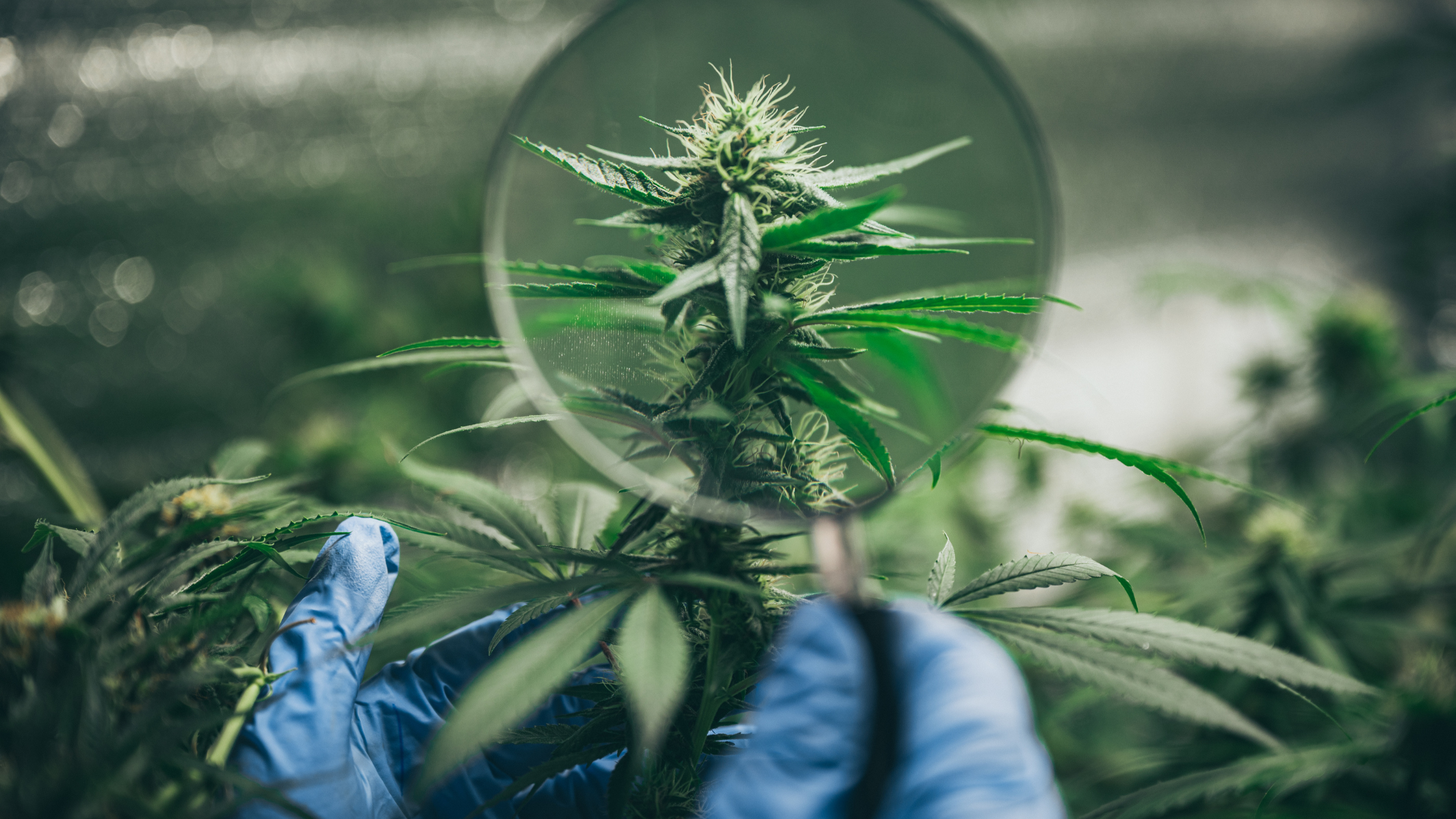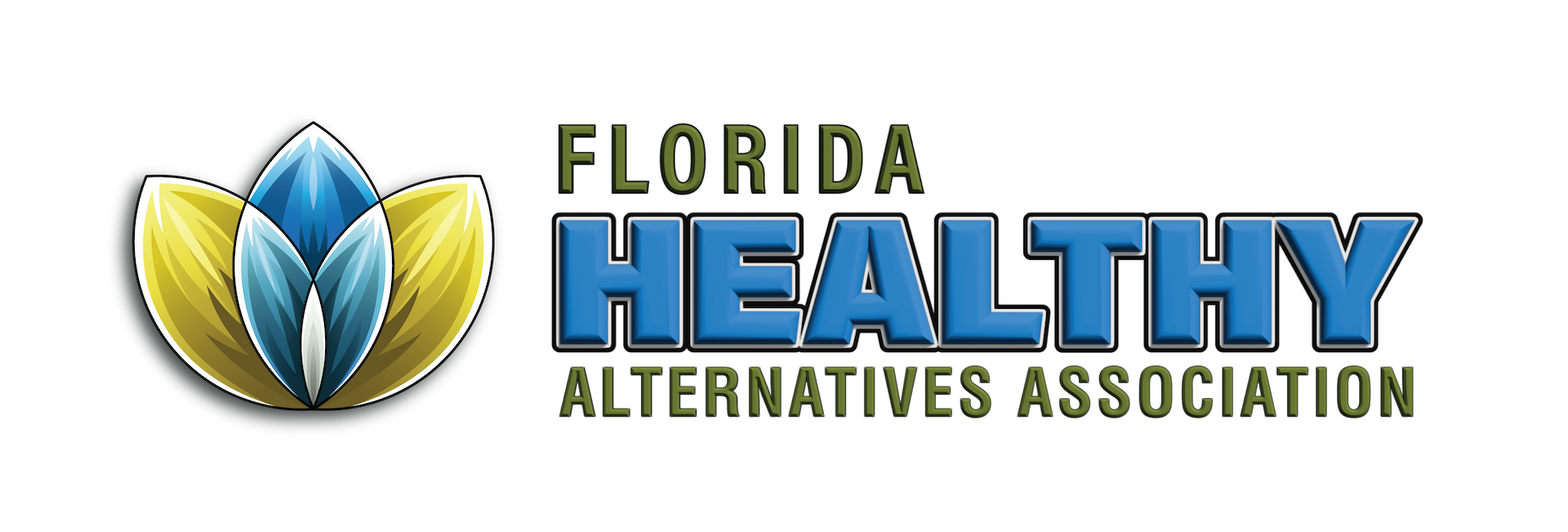
Navigating the New Rule 5K-4.034: What You Need to Know
The Florida Department of Agriculture has taken a decisive step forward with the introduction of draft language for Rule 5K-4.034, F.A.C. This pivotal moment marks a critical juncture for those involved in the hemp and hemp extract industry in Florida. The draft language will soon be published alongside the Notice of Proposed Rule in the coming week, signaling the beginning of a swift process that demands your immediate attention.
The newly drafted rule encompasses numerous modifications, each poised to significantly impact industry operations. Here’s an in-depth exploration of some of the most noteworthy changes:
Clarifying Definitions for Industry Clarity
-
The definition of "Attractive to children" now aligns with Section 581.217(3)(a), F.S., ensuring products are evaluated with children's safety in mind.
-
An updated definition of "Color Additive," as outlined in s. 500.03(1)(g), F.S., distinguishes food additives that impart natural color without being labeled as additives unless used solely for coloring purposes.
-
The notion of "Common Household Measure" is refined, adhering to 21 C.F.R. 101.9(b)(5), which is incorporated by reference in Rule 5K-4.002, F.A.C.
-
The concepts of "Manufacturing" or "Processing" now comprehensively include post-harvest preparation, defining these as any preparations or packaging involving Hemp or Hemp Extract intended for human consumption.
-
Notably, the definition of "Processor" or "Extractor" has been removed, streamlining industry roles.
-
"Self-service merchandising" is now defined as an open display of unpackaged Hemp or Hemp Extract products accessible without vendor intervention, highlighting consumer access nuances.
-
A new definition of "Serving" or "Serving Size" specifies it as the amount intended for single consumption, expressed in Common Household Measures, ensuring consistency across product labels.
-
"Synthetic Cannabinoid" is defined, referencing any cannabinoid identified in section 893.03(1)(a)190., F.S., providing clarity on product content.
-
Finally, the definition of "Total delta-9 tetrahydrocannabinol concentration" now explicitly includes "delta-9," ensuring accurate content representation.
Enforcing Stringent Requirements for Safety and Compliance
-
Products intended for ingestion must originate from an Approved Source, while inhalation products require processing by a permitted source.
-
The total delta-9 tetrahydrocannabinol concentration in products must not exceed 0.3%, ensuring compliance with legal standards.
-
Vending machines or self-service merchandising methods are prohibited for selling these products, safeguarding against unauthorized access.
-
Products must not be sold beyond their expiration date, preserving consumer safety.
-
Cannabis flower or leaf water activity must be maintained at 0.60 (± 0.05), a critical measure for product integrity.
Addressing Contaminants and Limits
-
Specific pesticide limits are clearly delineated to protect consumer health.
-
A comprehensive list of prohibited color additives, including FD&C Blue1, FD&C Red No. 3, and Cuttlefish Black, is provided, ensuring adherence to safety standards.
-
An extensive list of prohibited substances for color additives includes common items like turmeric and saffron, emphasizing stringent safety protocols.
-
Products featuring unlisted contaminants or additives are deemed adulterated, underscoring the rule's no-tolerance policy for violations.
Refining Product, Packaging, and Labeling Standards
-
Packaging and labeling must comply with Chapter 500, F.S., and Section 581.217(7), F.S., ensuring transparency and safety.
-
Products must not appeal to children, a critical consideration in product marketing and design.
-
Labels must clearly state serving size, servings per container, and net contents, providing essential information at a glance.
-
Small containers must have attached labeling information, ensuring compliance with all labeling requirements.
-
Labels must include the processor, packer, or distributor's name and business location, maintaining accountability and traceability.
-
Child-resistant packaging, in line with ASTM International D3475-20, is mandatory, ensuring product safety in homes.
-
Scannable barcodes or QR codes must link to certificates of analysis, fostering transparency and building consumer trust.
-
Certificates of analysis must detail the testing laboratory and facility, underscoring the commitment to quality assurance.
Age Restrictions and Advertising Guidelines
-
Retailers are required to post signs prohibiting sales of inhalation products to individuals under 21, enforcing age restrictions.
-
Proof of age is mandatory for purchase, ensuring adherence to legal age requirements.
-
Self-service merchandising without age verification is prohibited, maintaining strict access controls.
-
Sampling to individuals under 21 is strictly forbidden, prioritizing public health and safety.
-
Advertising must not target or appeal to children, with specific prohibitions on wording and imagery that could attract younger audiences.
-
The use of visuals or language resembling existing branded products is prohibited, maintaining originality and integrity in advertising strategies.
Penalties for Non-Compliance
Violations of these guidelines result in products being categorized as adulterated or misbranded, carrying significant repercussions. Sales to individuals under 21 result in a $5,000 fine per occurrence, reflecting the seriousness of compliance. Further penalties are enforced under Section 500.121, F.S., reinforcing the importance of adhering to these rigorous standards.
As the new rule language is set to be published soon, it's imperative for all stakeholders to familiarize themselves with these changes, ensuring compliance and safeguarding the future of Florida’s hemp industry. Stay informed, stay compliant, and join us in shaping a responsible and thriving future for hemp in Florida.




